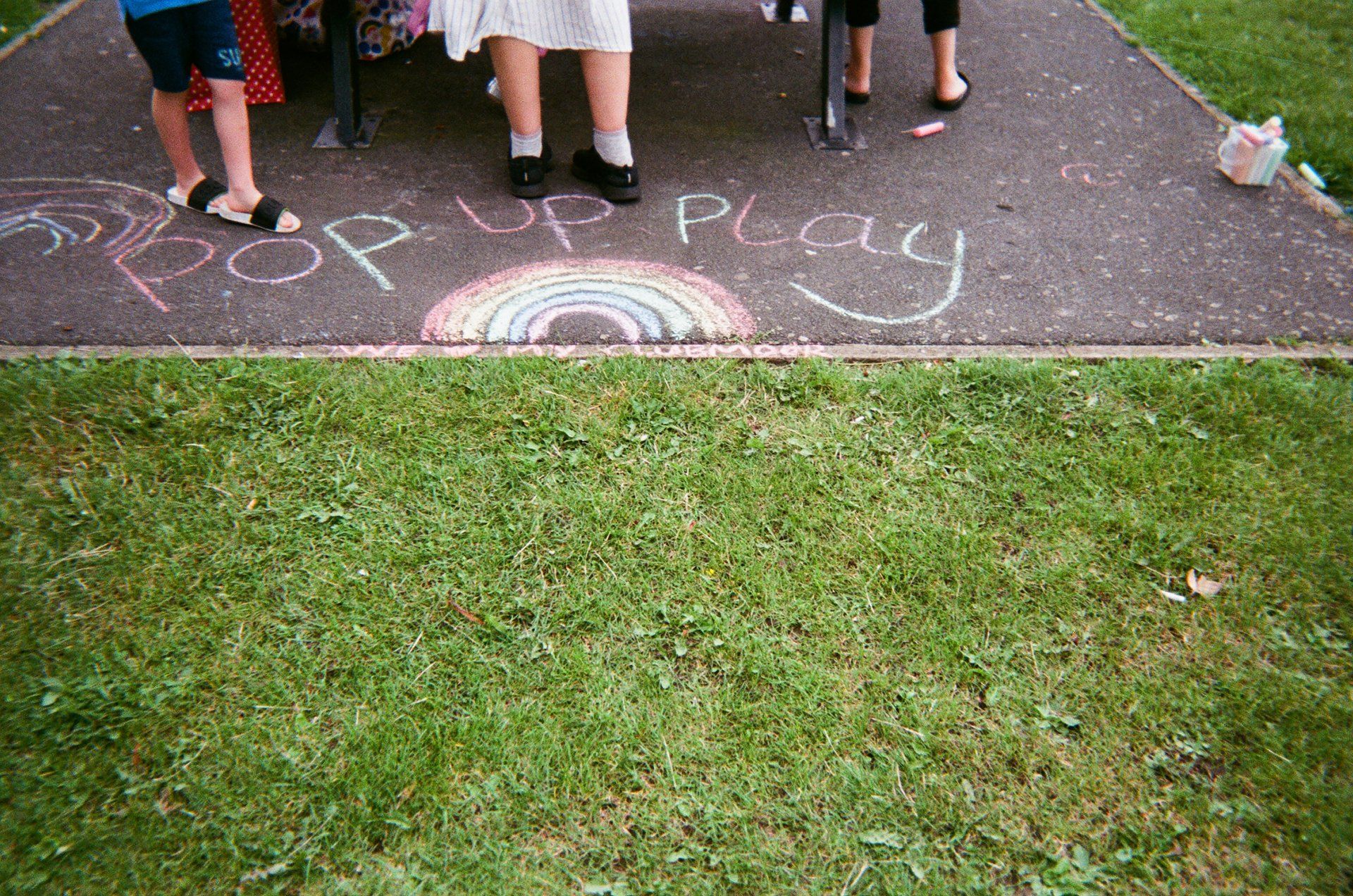Grief: it's not just about the people who passed away
Our Kindred Minds Peer Support Group got to talking about grief and loss the other day...
.... Like you do?
Except everyone in our group shared that for a number of different reasons it was difficult for them to share feeling of grief and loss in their everyday lives. This might be because it was too raw and they didn't want to keep getting upset. Others didn't want to give the impression that they weren't coping. Some worried that they'd be putting more burden on famliy members who were grieving too.
And yet everyone was able to recall losses they had been through either in the past or more recently. Some said they are still in the initial shock of a close bereavement. Some shared loss through divorce and family breakdown. Others through redundancy, or the impact of chronic illness on their sense of self. The causes of grief seemed complex and varied, even in the experience of our own group.
How can you make sense of it?
The impact of grief on our mental health and our ability to cope with the pressures of life is extremely varied and can differ greatly from person to person. In our group there was a common experience of shock and disbelief at the very beginning. Some of us found this overwhelming, and leaving us struggling to function. Others remembered the feeling of numbness and "running on autopilot" in order to get through the day. Some described an almost physical pain, or that they were carrying an immense weight everywhere they went. This can easily turn into a sense of loneliness and isolation, especially when the initial outpouring of sympathy has died away, and your friends gradually stop asking you how you are coping.
The Five Stages of Grief
The bereavement charity Cruse is an excellent source of information and advice for anyone struggling to make sense of bereavement, grief and loss. They use the model of Five Stages of Grief to help people understand how they are feeling, that it is not unusual to fee like this, and that eventually the feelings will be less intense. The Five Stages of Grief are:
- denial
- anger
- bargaining
- depression
- acceptance
You can find out more about the Five Stages of Grief by visiting Cruse's web page on the subject here. Most of the experiences shared in the group could be fitted into these categories, but it was not true that they had progressed through the list in order. Most people said that they had pinged about from one experience to the other. They could be happy remembering good times with their absent friend or partner one day, and then be triggered by something unexpected - a pop song or a favourite jumber - and be wailing away as if the loss had happed yesterday.
Can you grieve for too long?
Everyone in the group who had experienced grief said that there was no time limit on it, and that even after several years they could find themselves in a low mood, sometimes crying and wishing that they could be with their beloved partner, friend, sibling, colleague or pet. But most of us had found ways to live with the loss and to lead otherwise fruitful, happy lives. Most of us found it helpful to be able to talk about the person we had lost, and could laugh about fun times together and even enjoy feeling a bit sad, if that makes sense.
What if I need some help?
We all agreed, though that it can be easy to begin feeling stuck in a dark tunnel with no end in sight, and feel terrified at these feelings of despair. And we all remembered how glad we were of any support on offer, even it was just a listening ear, or some help with practical arrangements following a death. One group member had found bereavement counselling helpful. You can find out more about local support here.
Kindred Minds Peer Support Group was set up for people who have struggled with their mental health to give and receive support from one another in a safe, confidential setting. For more information about the group contact Andy Kerr










